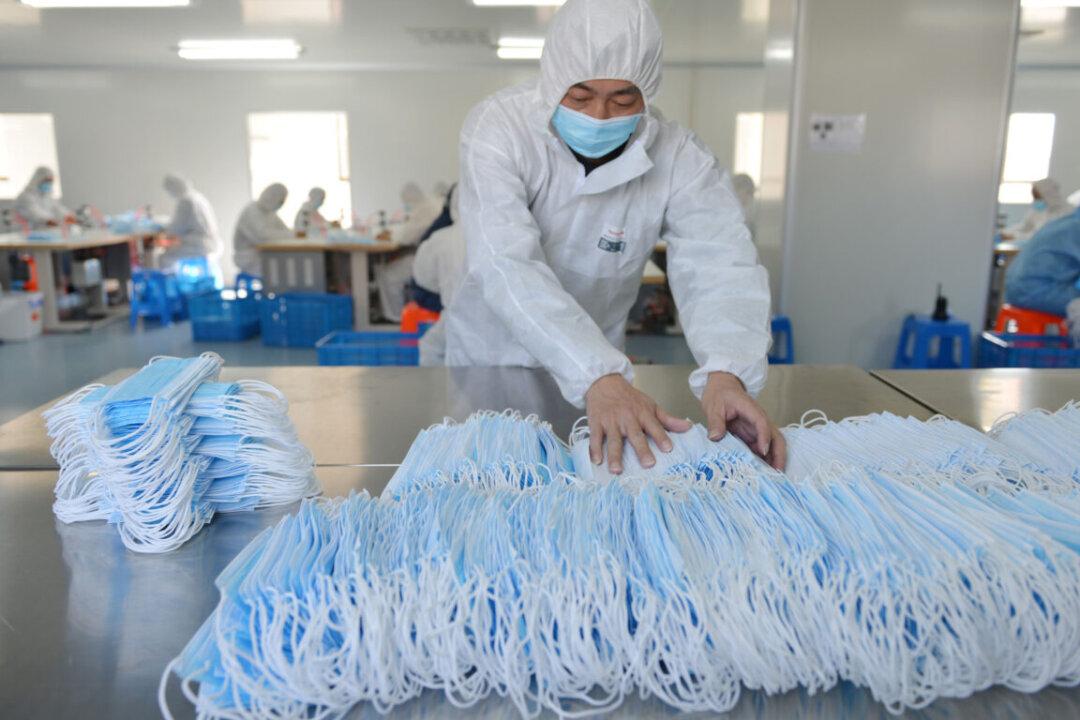After claiming that the number of new cases of COVID-19 are low and the epidemic is under control in China, the Chinese Communist Party (CCP) started offering other countries medical supplies necessary to curb the spread of the CCP virus, commonly known as the novel coronavirus. Its offers, however, may not be as altruistic as they seem.
Chinese shipments of various medical supplies to select countries around the world have been “accompanied by a very wide promotional campaign that includes English [language] media and social media, as well as diplomatic activities that include engaging political leaders of countries receiving [shipments] and local communities,” Jakub Jakóbowski, a research fellow at the Poland-based Center for Eastern Studies, wrote on March 20.





